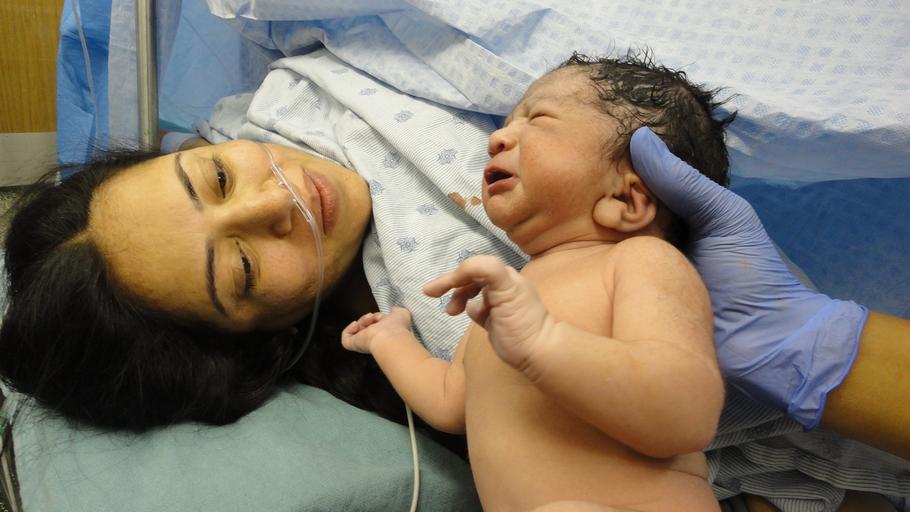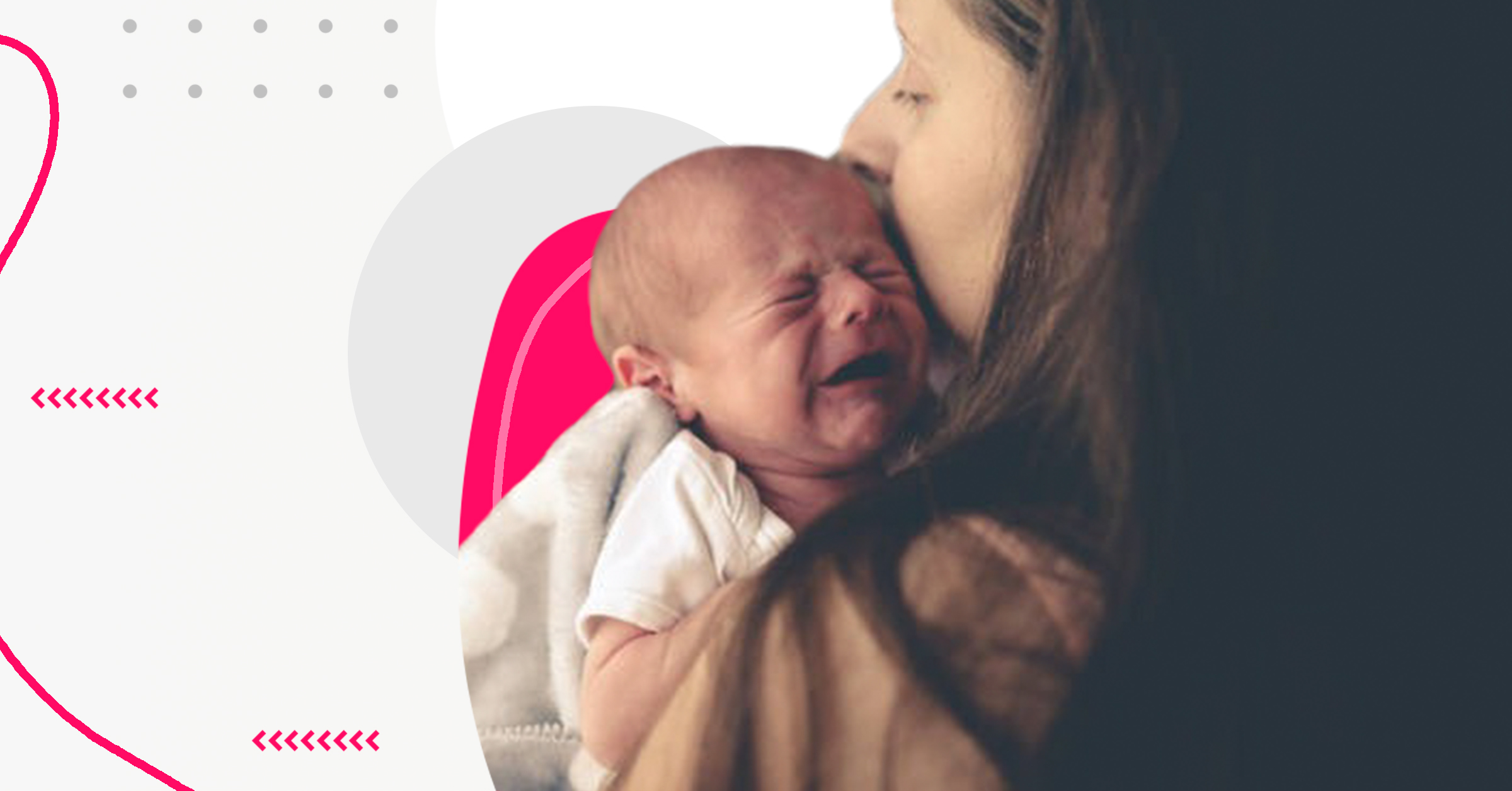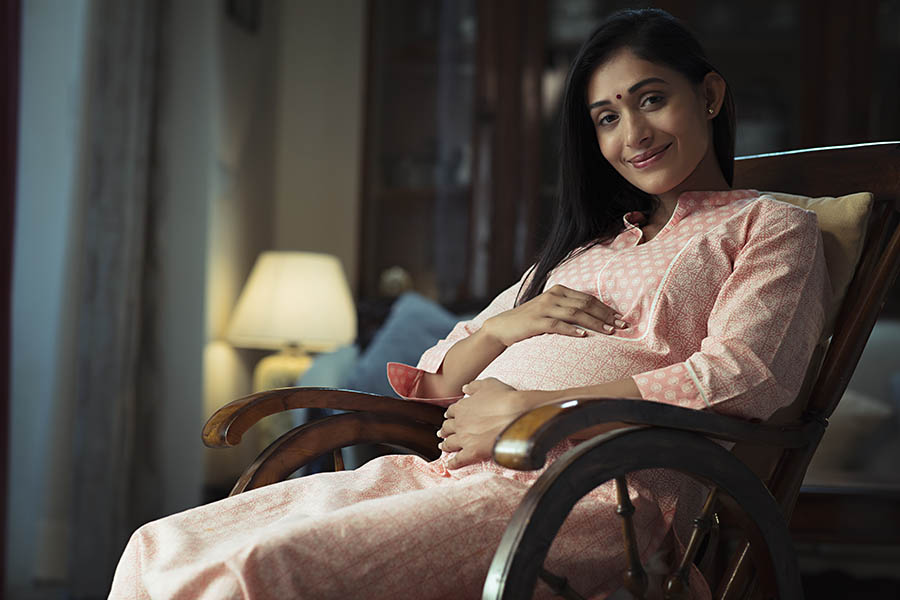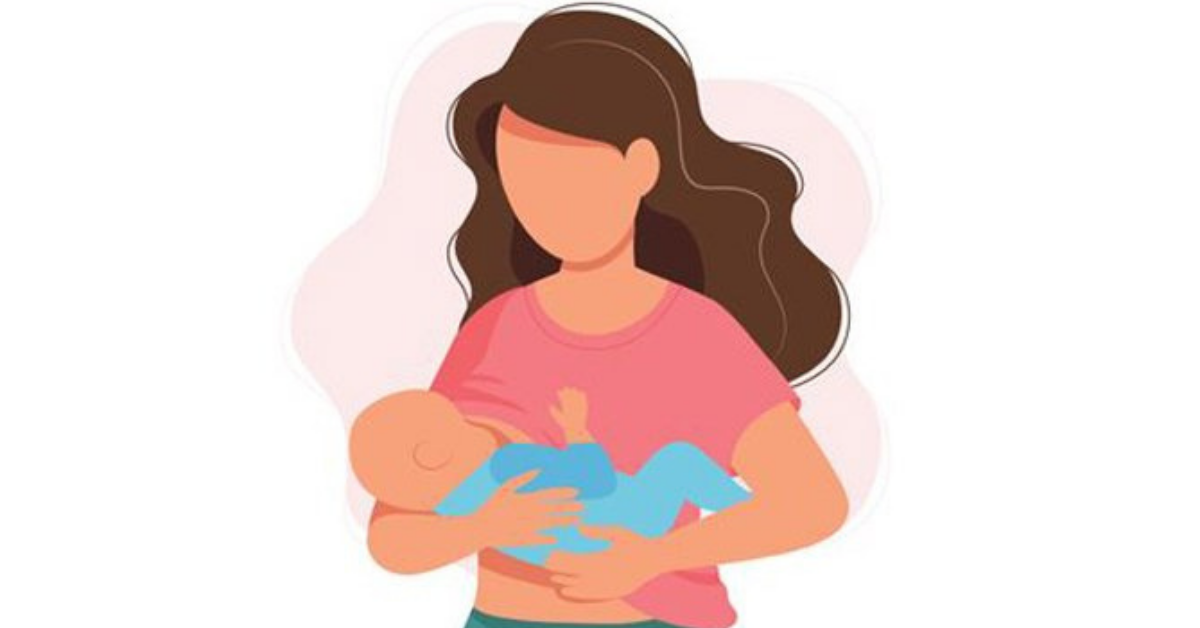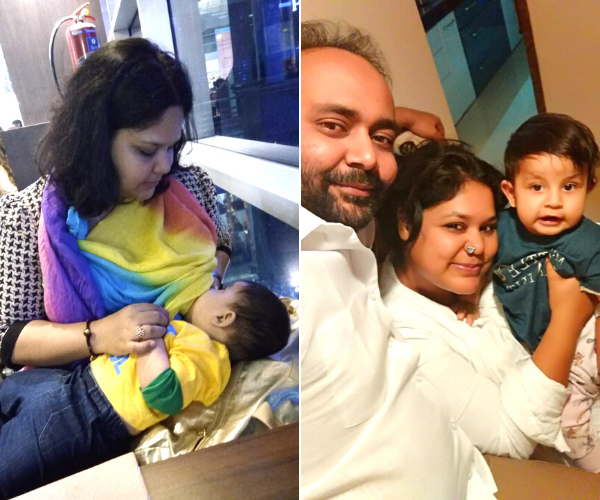Ask your lady friend about her childbirth experiences and chances are that 8 out of 10 friends will tell you how traumatic the experience was. Most women always talk about how painful, difficult, traumatic their birthing experience was, and as a day they won’t forget in their life. Some are totally unaware of what to expect and are often caught by surprise at the whole thing. Some others experience medical complications that add to the existing labour. And many times, blatant apathy by medical professionals makes it a harrowing time.
Whether you have had natural childbirth or a Caesarian section, labour is a difficult time. ‘Birth trauma’ is the distress experienced by a mother during or after childbirth. It is referred to the emotional and psychological trauma suffered during this phase and is not just about what happened during labour and the birth but also about how the mother is left feeling afterwards.
Why is it important to speak about birth trauma?
A distressing labour experience can leave the mother feeling overwhelmed. This can translate to a long term psychological condition like Post Traumatic Stress Disorder (PTSD) or Postpartum Depression. It can result in flashbacks, anxiety, being on the alert always, avoiding triggers that remind the trauma. It is very important therefore to ensure how the experience has left the mother feeling later and to give her all the support required for her to ‘heal’ from the damage because it can become difficult for the mother to bond with the baby.

Women who undergo birth trauma don’t find much support because others may find it difficult to understand this, even other mothers. This can make sufferers lonely and depressed and guilty as a result. It is important to create awareness, have conversations, safe spaces and support groups where women feel welcome to talk about their experiences without being dissed or dismissed.
“All women need access to antenatal care in pregnancy, skilled care during childbirth, and care and support in the weeks after childbirth. All births should be assisted by skilled health professionals, as timely management and treatment can make the difference between life and death for both the mother and the baby.” – UNICEF India
How can we ensure a safe and comfortable birthing experience?
Education
Knowing what pregnancy encompasses and how births take place prepares a mother for what’s to come and the entire process so she is ready. Talking to the gynecologist or a birthing consultant/doula/counselor can help understand the process better and help her
Awareness
Awareness of birthing options is a right that every woman should have access to. Safe, painful, and easy delivery is the right of every woman. Understanding natural vaginal birth, underwater birth, cesarean section, epidurals, and the pros and cons of each can help the mother to decide what she feels most comfortable with.
Support
Every woman needs to have a supportive doctor/doula, partner and family to help her make the choice of birth that she wants to go in for. Respecting her options and making her comfortable should be utmost for the caregivers instead of belittling her or criticizing her choices saying how she is overthinking the whole thing or how all women give birth every minute and it’s the most natural thing, and dismissing her fears as not being valid, is not the kind of support system or caregivers that she needs to be surrounded with at this very important phase of her life.
Having a trustworthy partner/caregiver (can be a friend, family, relative) by the side during labour can help ease the trauma in the labour room and should be discussed and decided beforehand, as many hospitals still don’t allow that in India.
Choice of medical professional
Choosing the right doctor and birthing facility is of utmost importance. If your doctor is rushing through your appointments, dismissing your questions as being too silly, won’t take out the time to educate you about the whole pregnancy and birthing process, does not ask you for your birthing options, does not respect your discomfort during physical examinations, violates the comfort zone with your body, then you need to rethink your options.
Most times, the kind of medical consultants are responsible for the kind of experience they provide in the labour room and that stays for life, affecting you mentally with future birth experiences too. How a doctor makes you feel during your labour and their patience levels will stay with you for life. So do not compromise on that experience. Medical complications that may arise during labour may not always be controlled but how that will be dealt with is a choice that can be made beforehand.
A positive birthing experience is the right of every woman.
Today, birthing centers, birthing courses, birthing options are slowly being made available but all women may not have privilege and access to the same. Just because childbirth is the most common or natural thing does not mean that a woman has to go through a birth trauma experience for the same. Respecting and caring well for a woman during this time will make sure that the whole family is benefited from it because a mother cannot ‘give’ if she is emotionally disturbed or physically depleted of care and nourishment.

